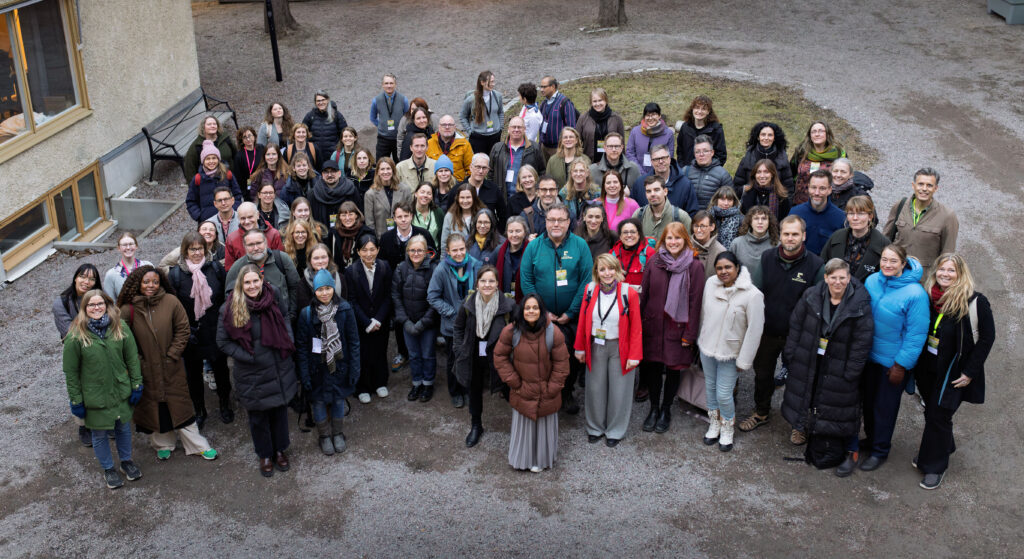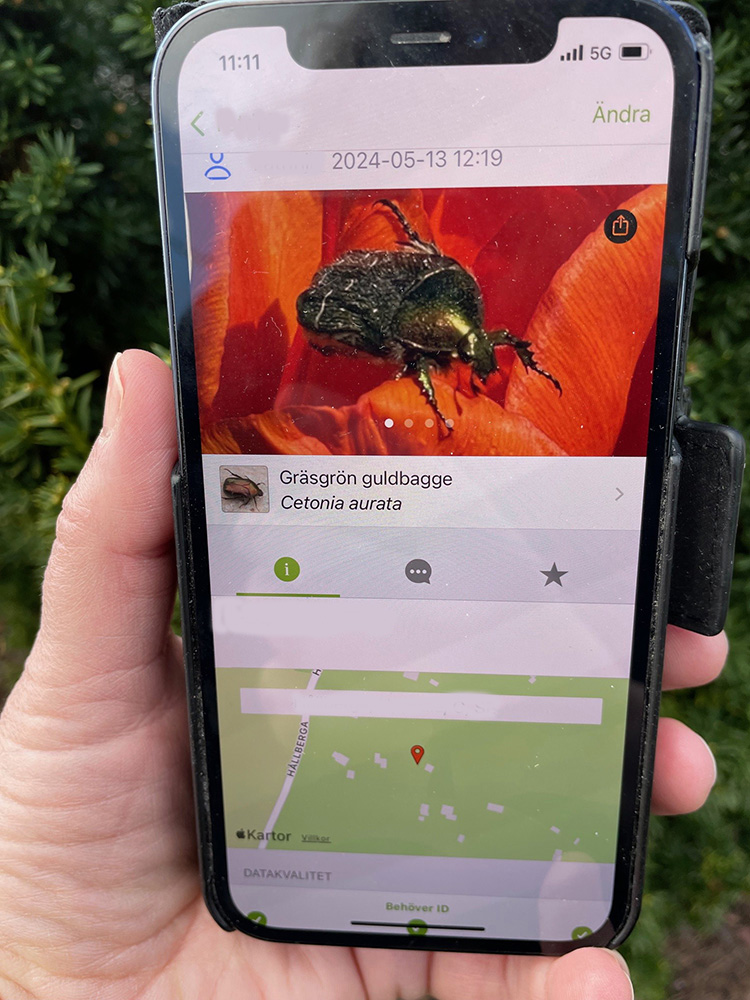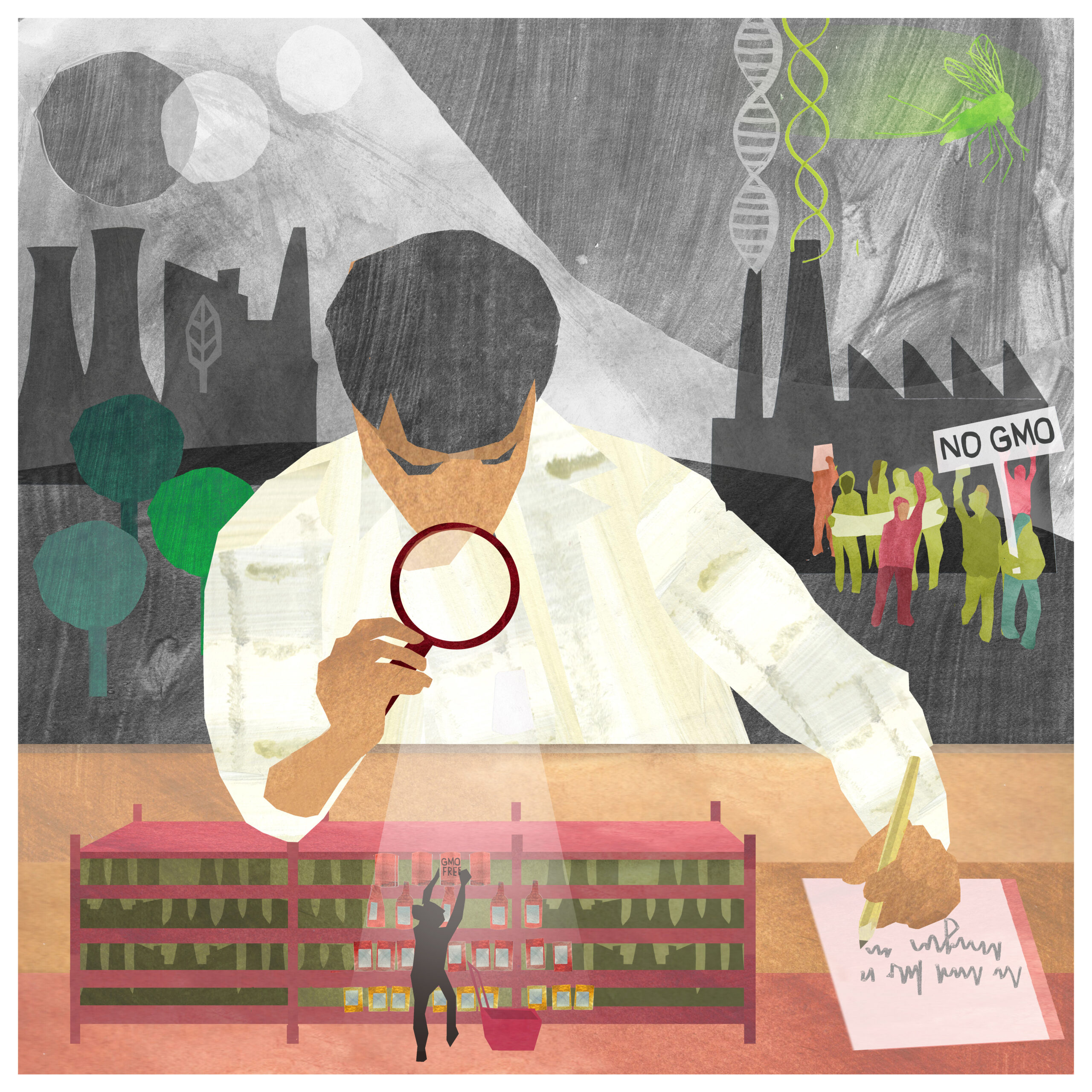Our relation to nature and environment is increasingly mediated through digital technologies. Data from environmental monitoring devices, such as remote sensors, satellite images or drones increasingly inform policies and professional practices. Moreover, environmental data are popularized through different types of everyday devices, such as weather applications, air quality applications, species recognition apps, water quality apps, to name a few.
However, the widespread utilization of environmental digital data also raises a range of questions. What we come to recognize as environmental data are dependent on a variety of factors, decisions and methods as data are shaped by their collection, distribution, policies, economic value, types of ownership and use in context. As such, environmental data are not neutral or “raw”; their infrastructures and contextual use shape our perceptions of environmental issues and practices in the surrounding environment.
This workshop invites scholars in the humanities and social sciences to discuss and explore the role and use of digital environmental technologies in policies, in professional use and in everyday life. We particularly invite papers that critically engage with environmental data as an everyday practice, and welcome participants to reflect on questions such as: In which ways do digitized ways of obtaining environmental data change practices and perceptions? How are digital environmental technologies incorporated into everyday practices? How do people make meaning from environmental datasets? How is environmental data used in context? And in which ways does digital monitoring of the environment affect our relations to nature – temporally, spatially, emotionally?
The purpose of this workshop is to gather empirical accounts and theoretical reflections on the role of digital environmental technologies in everyday life, and to engage and strengthen humanities and STS-perspectives on these issues.
Call for contributions
We welcome empirical or conceptual contributions discussing these or related issues from any of the following disciplines concerned with knowledge production on environmental technologies: cultural studies, sociology, philosophy, anthropology, STS, information studies and history. Your contribution can be at any stage of completion and in a form of your choice – e.g., a reflection, idea, snapshot, poem, dictionary entry, audio piece, article draft or essay. Your creativity sets the limits.
Submit your abstract (max 300 words), and a short bio (max 200 words) via email to: carin.graminius@hb.se and/or bjorn.ekstrom@hb.se
Format and practical information
The workshop is constructed as panels to facilitate in depth conversation about the issues/reflections presented. Participants present their contributions followed by subsequent discussions on the topics lead by a moderator. Professor Anne Beaulieu, University of Groningen – co-author of Data and Society: A critical introduction and of Knowledge Infrastructures for Liveable Futures (forthcoming with Bristol University Press) will hold a short presentation, introducing core issues for the workshop participants to later engage in by means of smaller discussion groups. The maximum number of participants is 30 people.
The workshop is free of charge, lunch and coffee included.
Important dates
Deadline for submission of abstracts: April 17th, 2025.
Notification of acceptance: May 16th, 2025, at the latest.
Deadline for registration: June 16th, 2025
Workshop: October 23, 2025, 09. 15 – 16.30, Lund University, Sweden
The workshop is organized with funding from FORMAS and Mistra Environmental Communication and hosted by Lund University, Sweden.
References
Alvarez Léon, L. F. (2022). An emerging satellite ecosystem and the changing political economy of remote sensing. In J. Goldstein & E. Nost (Eds.), The nature of data: Infrastructures, environments, politics (pp. 37–60). University of Nebraska Press.
Bakker, K., & Ritts, M. (2022). Smart Earth: Environmental governance in a wired world. In J. Goldstein & E. Nost (Eds.), The nature of data: Infrastructures, environments, politics (pp. 61–82). University of Nebraska Press.
Beaulieu A., & Leonelli, S. (2022). Data and Society: A critical introduction. Sage Publications.
Kitchin, R. (2021). Data lives: How data are made and shape the world. Bristol University Press.
Levenda, A., & Grabowski, Z. (2022). Data, colonialism, and the transformation of nature in the Pacific Northwest. In J. Goldstein & E. Nost (Eds.), The nature of data: Infrastructures, environments, politics (pp. 83–102). University of Nebraska Press.
Wickberg, A., Lidström, S., Lagerkvist, A., Meyer, T., Wormbs, N., Gärdebo, J., Sörlin, S., & Höhler, S. (2024). The mediated planet: Datafication and the environmental SDGs. Environmental Science & Policy, 153, 103673. https://doi.org/10.1016/j.envsci.2024.103673






